Pakistan is asking America to do more before supporting it in Afghanistan. Pakistan has been a staunch supporter of the United States in its War against Terror. However, Pakistani authorities feel that they were stabbed in the back by the US.
Pakistan’s support for the USA has been present since its inception. Right after the independence, the first Pakistani Prime Minister Mr. Liaqat Ali Khan chose to stand with the USA instead of USSR. A similar approach existed for over 7 decades ahead. Every successive government supported the US administrations in their strategic designs. Pakistan did play a key role in dismemberment of USSR and formation of Russia in 1980s. However, the Americans were able to immediately turn their backs on Pakistan after the USSR’s defeat.
ALSO READ: US leaves Afghanistan while leaving Afghans at a crossroad
At that time, Pakistan was left on its own to deal with significant security challenges in its neighboring Afghanistan. The Pakistani establishment had to work with several factions in Afghanistan to ensure any form of stability in a war-torn nation. On the other hand, the US imposed Pressler Amendment on Pakistan.
Pressler Amendment
The Pressler Amendment banned most economic and military assistance to Pakistan unless the President certified on an annual basis that “Pakistan does not possess a nuclear explosive device and that the proposed United States assistance program will reduce significantly the risk that Pakistan will possess a nuclear explosive device.”
The efforts of Pakistan did help in achieving some stability in Afghanistan. Although, it brought a strict Islamic rule in Afghanistan, it did help Pakistan in maintaining regional balance.
The Taliban rule in Afghanistan would soon become a strong force in a volatile region. It would stop opium and drug trade in the country. The implementation of stricter Islamic laws did invite backlash from the international community. Yet, there was no direct averse impact on Pakistan or the region during the Taliban rule.
Al-Qaeda’s Rise in Afghanistan
During the same period, Al-Qaeda was also able to create a stronghold in Afghanistan. This was due to lack of support to Pakistan to oversee any terrorist activity in the country. Pakistan’s ISI was collaborating with the Taliban to ensure a better future of Afghanistan, which was always necessary for Pakistan, as the country had a direct impact on Pakistani social and political life, trade, economy and security. Pakistan was managing this all alone, through its own meagre resources, while originally fighting the American war.
After the 9/11 attacks, the US again came to the region by directly entering its foot soldiers in Afghanistan. The US administration was able to get Pakistan’s support by offering small concessions to the dictatorial regime of General Pervez Musharraf. Once again, the Americans were able to get extensive support from Pakistani side at this point. They were given aerial and ground support including allowing the strategic road routes to reach Afghanistan. By any means, this did save billions of dollars to the US in terms of logistics and mobility costs.
However, the US was giving smaller favors to Pakistan in return. It includes designating Pakistan as a Non-NATO US Ally.
Yet, the Americans were able to turn their backs towards Pakistan soon after the country was embroiled in a serious security and economic crisis itself. This was after and due to Pakistan’s involvement in America’s War on Terror.
Pakistani War on Terror
At this point, Pakistan was fighting the War on Terror on its own land. The American War on Terror had become Pakistani War against Terrorism. Pakistan’s Army was conducting operations in rural and urban centers across the country to fight the insurgents on Pakistani soil. Pakistan lost a number of soldiers including its senior military leadership in the battlefields. However, the American side followed their own pattern by turning their backs on Pakistan.
The US again passed Kerry Lugar Bill in 2009 which changed the course of relationship between America and Pakistan. The passage of the bill severed the military relationship between the two countries. Pakistan was left with no option but to clean the mess on its own.
Pakistan had to deploy thousands of intelligence personnel, utilize funds allocated for health and education towards defense purposes, manage the international pressures and deal with stringent international financial requirements such as FATF to clean the mess of American War on Terror.
The country was able to manage several challenges in the last decade. These include severe electricity crisis, poor economic growth and dealing with infrastructural needs while also managing the security challenges.
The China Pakistan Economic Corridor
The country was also able to enter into a long-term strategic relationship with China though the China Pakistan Economic Corridor (CPEC). The CPEC is considered as a backbone for Pakistan’s rising economic and infrastructural needs of the future. Pakistanis believe that China has rightly supported the country in its economic needs. Whereas, the US has always used Pakistani soil for its own needs and left it whenever the Pakistani side needed their support.
Today, Pakistan is in a much stable position in terms of its security and strategic strengths. However, the weaker economy is its only serious challenge for which it has always looked up to the US in the past. Today, Pakistan is looking at other ways of strengthening its economy with strategic partnerships with China, Russia and Turkey. It is more interested in strengthening these partnerships than to look towards US for its economic challenges.
This is the reason that Pakistani leadership is reluctant to overtly support the US in its evacuation from Afghanistan. The Pakistani government and the military are focusing towards strengthening the relationship with several factions in Afghanistan who are likely to again destabilize the country after withdrawal of American forces from the country.
The Pakistani government is more concerned of the repercussions of the withdrawal on Pakistani territory. Pakistan fully understands that it may have to take a strong role in Afghanistan immediately after the US withdrawal. Although, it is uncertain over the type and size of this role in the present circumstances. Yet, the Pakistani establishment is confident that it will be able to deal with any challenges in Afghanistan owing to its own experience of fighting the war on terror in the same terrain.
What more should America do?
The US must understand the trust deficit it has developed for years in Pakistan’s government, military and the common man. There is a lesser understanding in the American administration of the trust deficit that exists among the common Pakistanis even. There is a general view that Pakistan could not get out of the FATF grey list as Prime Minister Imran Khan overtly denied the Pakistani airspace to America in a recent interview. His famous comment, “Absolutely Not” is being resonated in the media around the world.
The United States has to put efforts to mend the ties by engaging the Pakistani leadership. It will have to ensure that the concessions to Pakistan should be in Pakistan’s interest. Moreover, owing to CPEC, the US side may have to offer a better support structure to the Pakistani government to enhance its image among the common Pakistanis also.
However, the primary focus may be on the strategic partnership in the region which may include a strong collaboration on the defense side. This partnership may focus on a long-term strategy in terms of dealing with Afghanistan, or the upcoming insurgent activities in the country, since Afghanistan’s current government may not be able to deal with it on its own. Of course, it means that the Americans have to understand the Pakistani version of managing the region, and support Pakistan in bringing stability in the region. It has to understand that Pakistan, alone, can deal with the upcoming crisis after its withdrawal.
Apparently, the US should only avoid creating any further troubles for Pakistan by putting off anti-Pakistan laws in the US Congress. Moreover, it needs to stand aside the country in its fight to correcting the path of Afghanistan’s future. This is what Pakistan wants America to do more before supporting it in Afghanistan

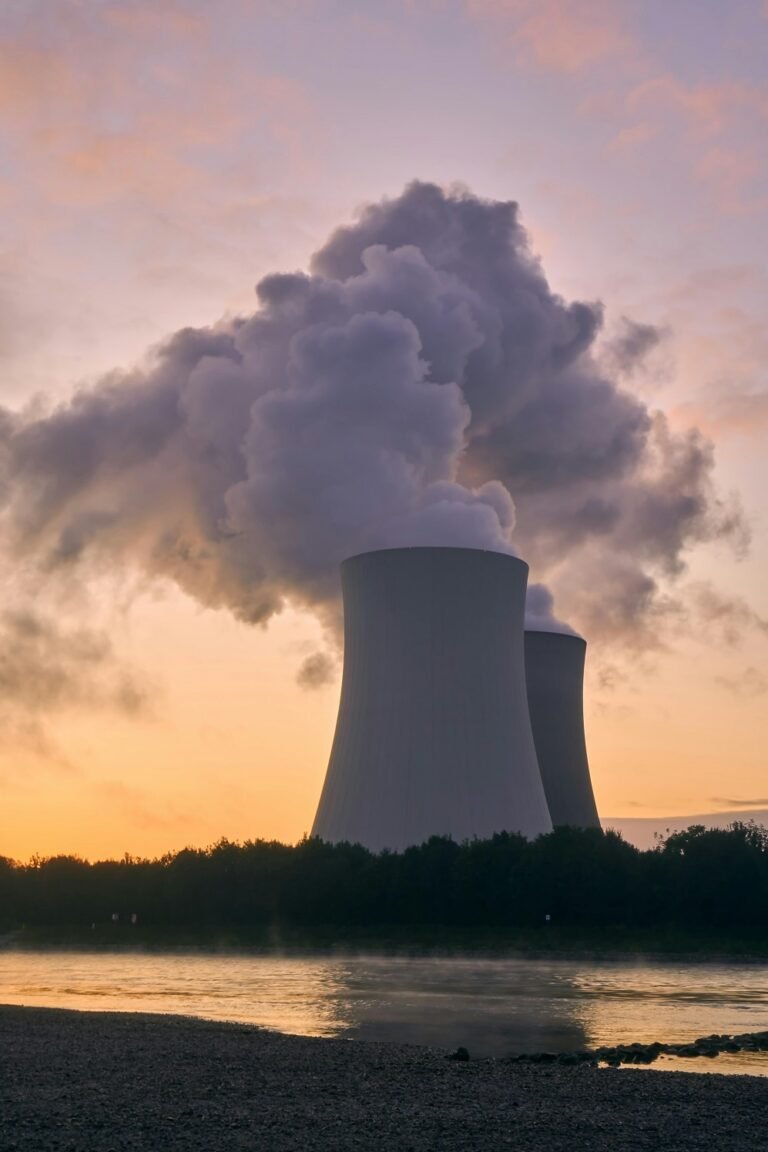
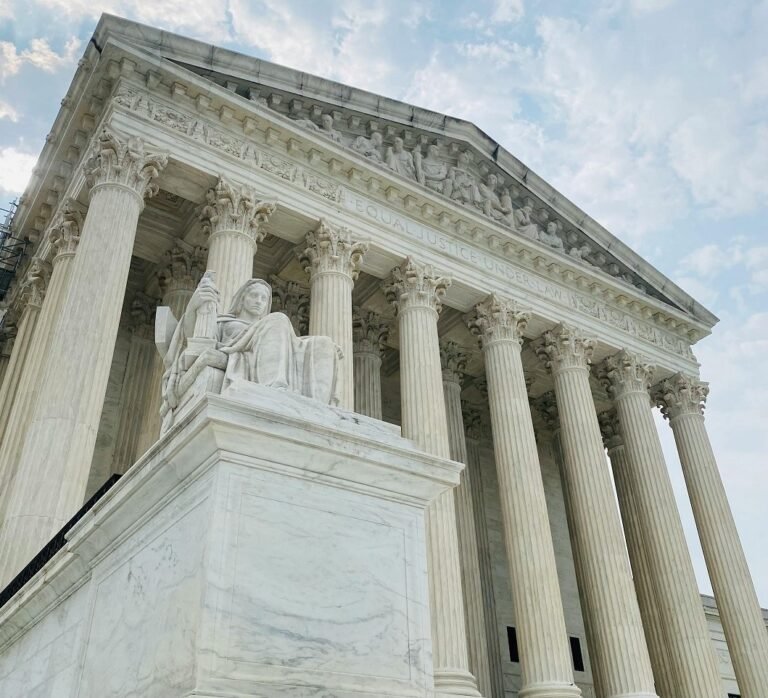
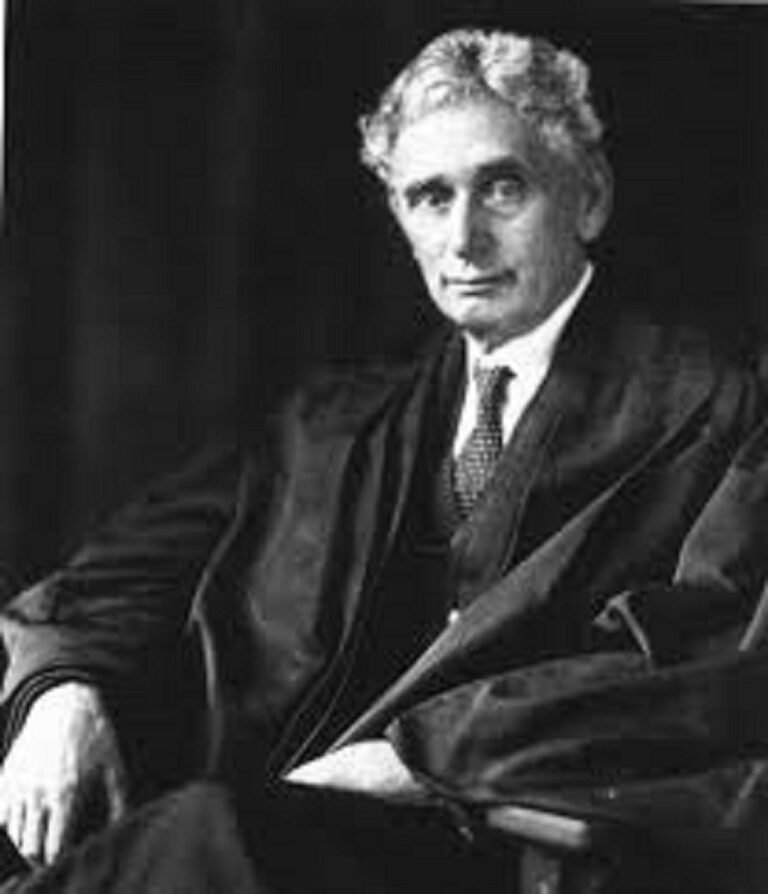
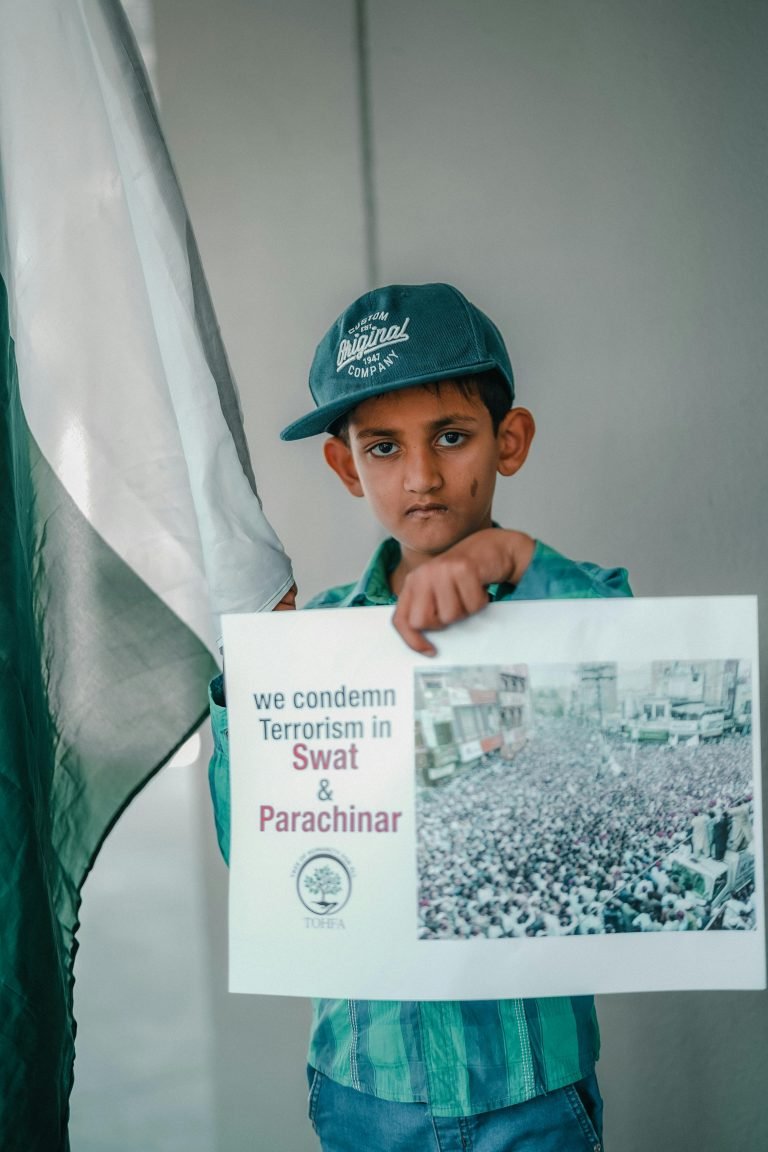

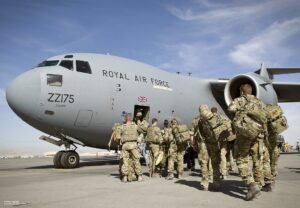
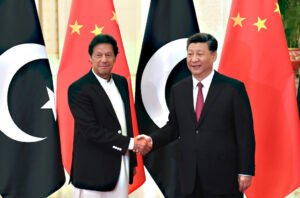
One thought on “Pakistan is asking America to do more before supporting it in Afghanistan”
Comments are closed.